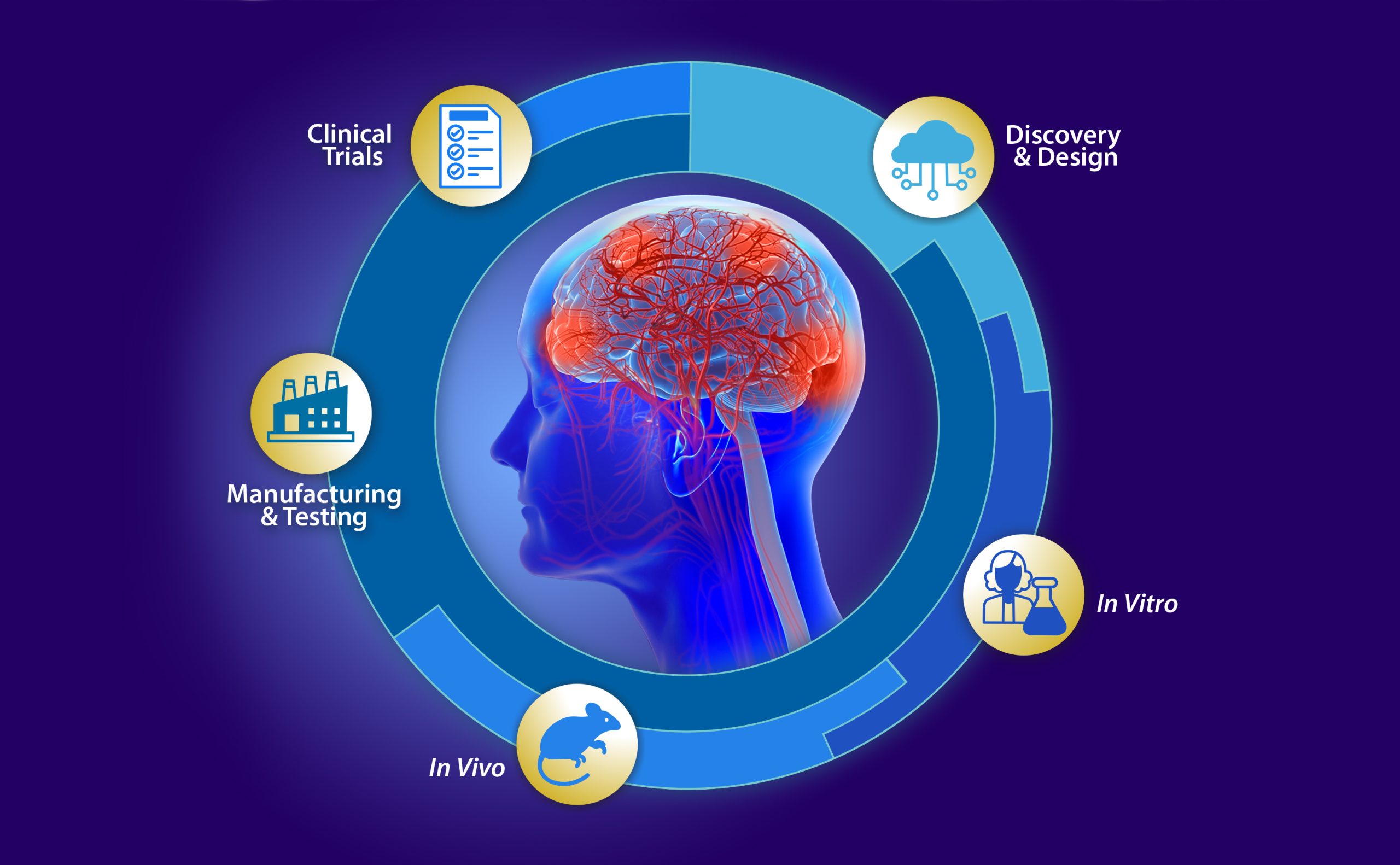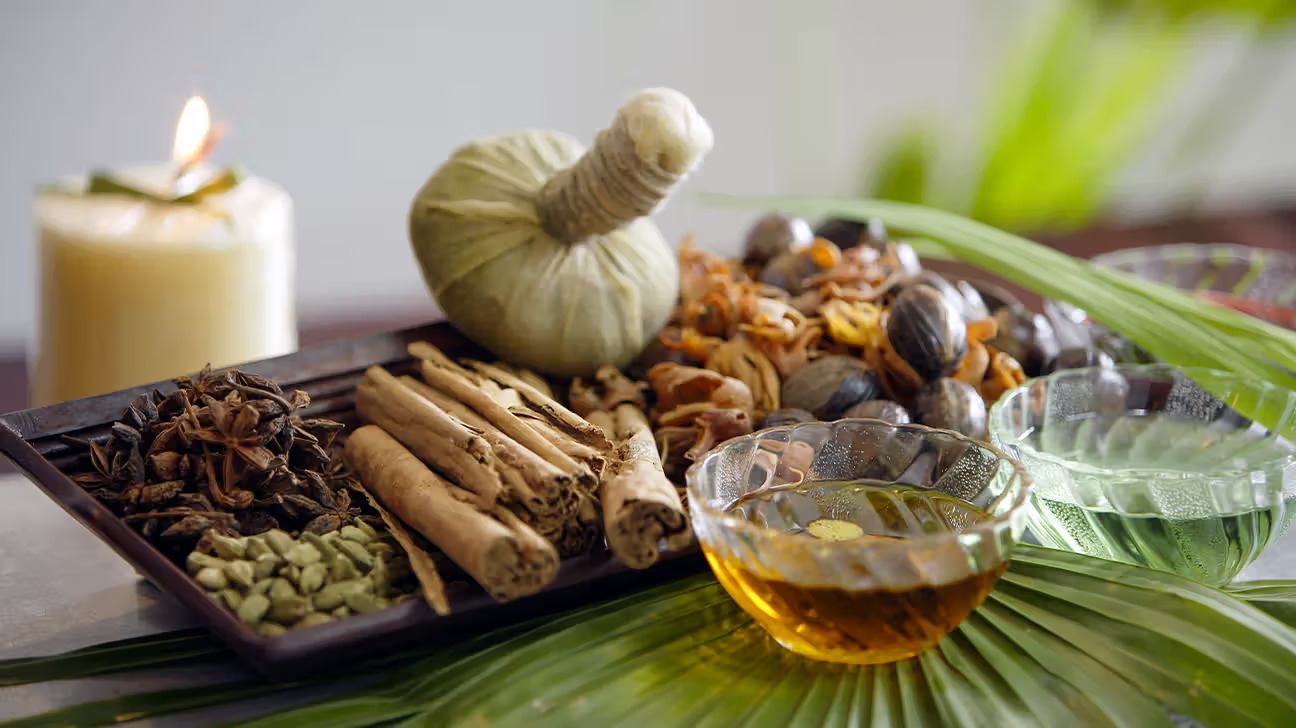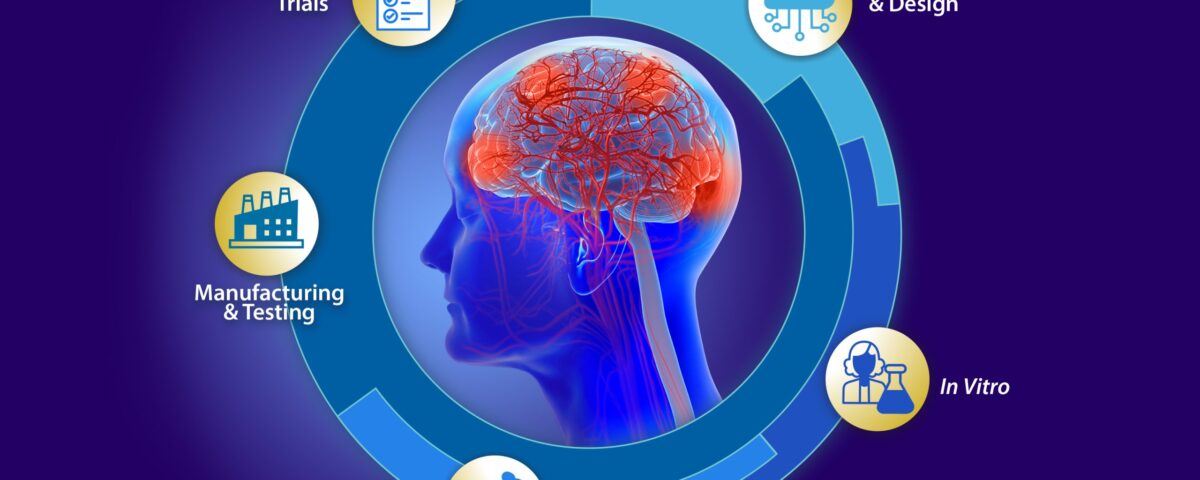Enigma of Autism: Understanding Causes and Classifications
March 9, 2024A Ray of Hope: Exploring Integrative Multiple Sclerosis Management
April 13, 2024Alzheimer’s disease (AD) is a progressive neurodegenerative disorder that steals memories and cognitive abilities. It’s the most common form of dementia, affecting millions globally. While there’s no cure, a combination of modern medical approaches and complementary therapies like Ayurveda can potentially slow progression, improve quality of life, and offer support to caregivers.
Understanding Alzheimer’s Disease
AD is characterized by the build-up of abnormal protein deposits in the brain, called amyloid plaques and tau tangles. These disrupt communication between brain cells, leading to memory loss, cognitive decline, and behavioral changes. Symptoms typically develop gradually and worsen over time. Early signs may include:
- Difficulty remembering recent events
- Challenges with familiar tasks
- Problems with language
- Disorientation
- Mood swings and behavioral changes
Modern Medical Approach to Alzheimer’s Disease
There is no single treatment for AD, but various approaches can help manage symptoms and slow progression. These include:
- Medications: Cholinesterase inhibitors and memantine are medications that may improve cognitive function and memory in some patients.
- Cognitive Rehabilitation: Therapy can help patients develop strategies to compensate for memory loss and improve cognitive skills.
- Lifestyle Modifications: Maintaining a healthy diet, regular exercise, and social engagement can benefit cognitive health and overall well-being.

Ayurveda for Alzheimer’s Disease: A Mind-Body Approach
Ayurveda, the ancient Indian medical system, views AD as a result of imbalances in the mind-body connection. It emphasizes maintaining a healthy brain throughout life and promoting detoxification to eliminate ama, or toxins, that can cloud the mind.
Potential Benefits of Ayurveda for AD
While more research is needed, some studies suggest that Ayurvedic practices may be beneficial for cognitive health:
- Herbal Remedies: Certain herbs like Brahmi, Shankhpushpi, and Ashwagandha have adaptogenic and neuroprotective properties, potentially supporting memory and cognitive function.
- Dietary Therapy: Following an Ayurvedic diet that is specific to your doshic constitution can promote brain health by reducing inflammation and nourishing the nervous system.
- Shirodhara: This therapeutic technique involves pouring medicated oil on the forehead to promote relaxation, improve sleep, and potentially enhance cognitive function.
- Yoga and Meditation: These practices can help manage stress, improve sleep, and enhance cognitive function.

Integrating Ayurveda with Modern Medicine
Ayurveda can be a valuable complementary therapy alongside conventional medical treatment for AD. Here’s how to integrate them effectively:
- Always consult your doctor before starting any Ayurvedic treatment, especially if you are taking medications for AD.
- Find a qualified Ayurvedic practitioner who is experienced in working with memory disorders.
- Be transparent about your medical history and current medications with your Ayurvedic practitioner.
- Start slowly and gradually introduce Ayurvedic practices into your routine.
ShreeVidya Herbal Research Center’s Approach
ShreeVidya Herbal Research Center’s understands the challenges of AD and offers a patient-centered approach. They can work with you and your doctor to develop a personalized plan that combines Ayurvedic therapies with conventional treatment to optimize cognitive health and well-being.
Living with Alzheimer’s Disease: A Journey of Hope and Support
Alzheimer’s disease can be a difficult journey, but there is hope. By integrating modern medical approaches with complementary therapies like Ayurveda, you can potentially slow progression, manage symptoms, and improve quality of life. Remember, creating a supportive environment for the patient and providing caregivers with the necessary resources is crucial.
Disclaimer
The information provided in this blog post is for educational purposes only and should not be taken as medical advice. Always consult with your doctor before starting any new treatment program, including Ayurvedic therapies.

